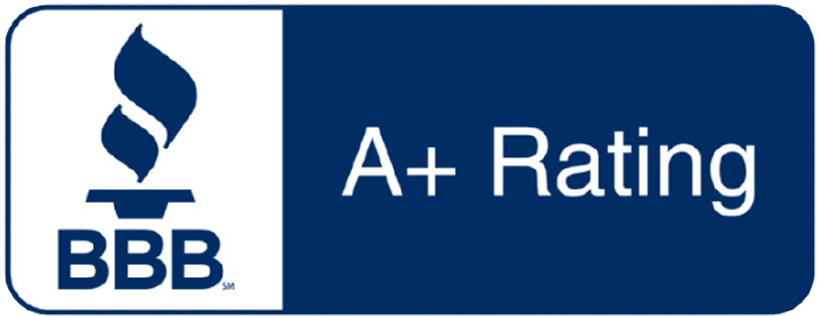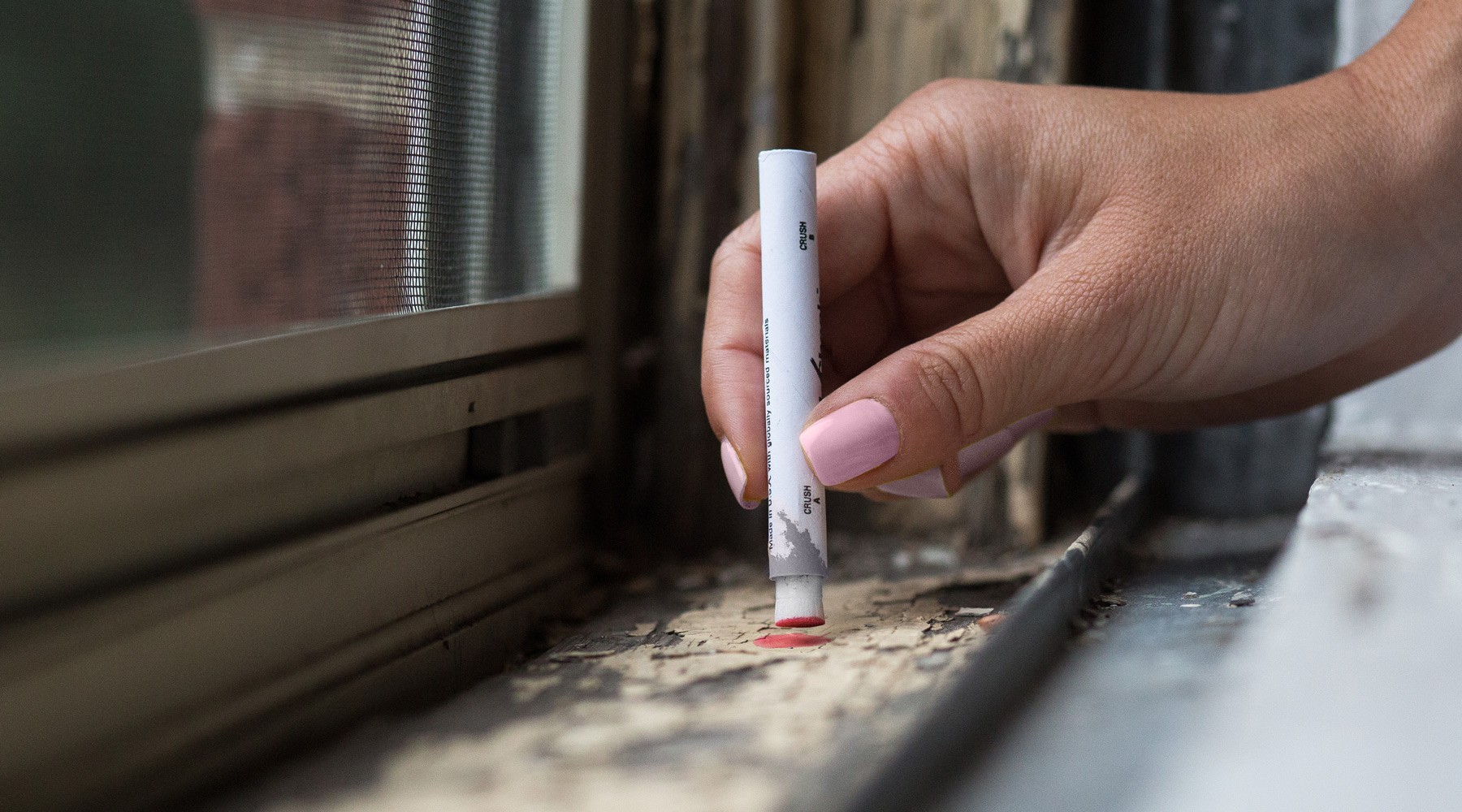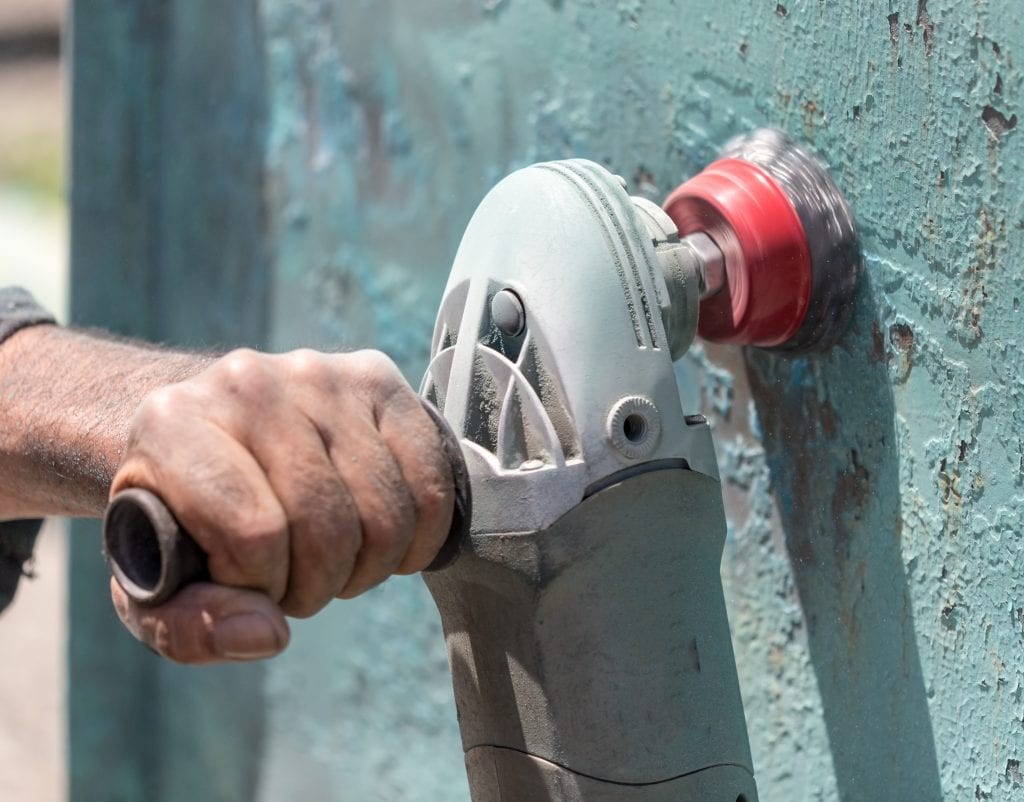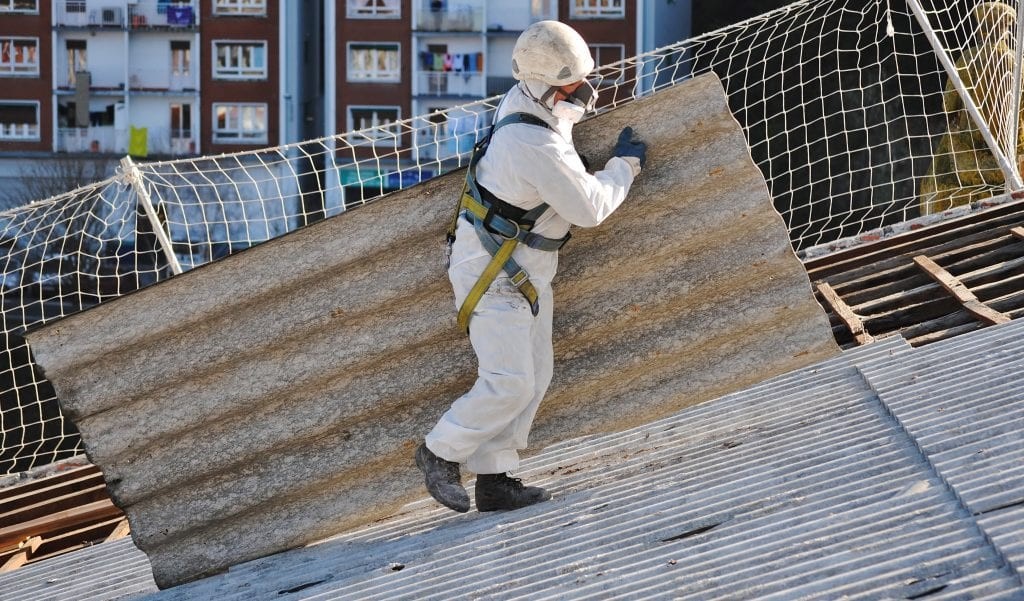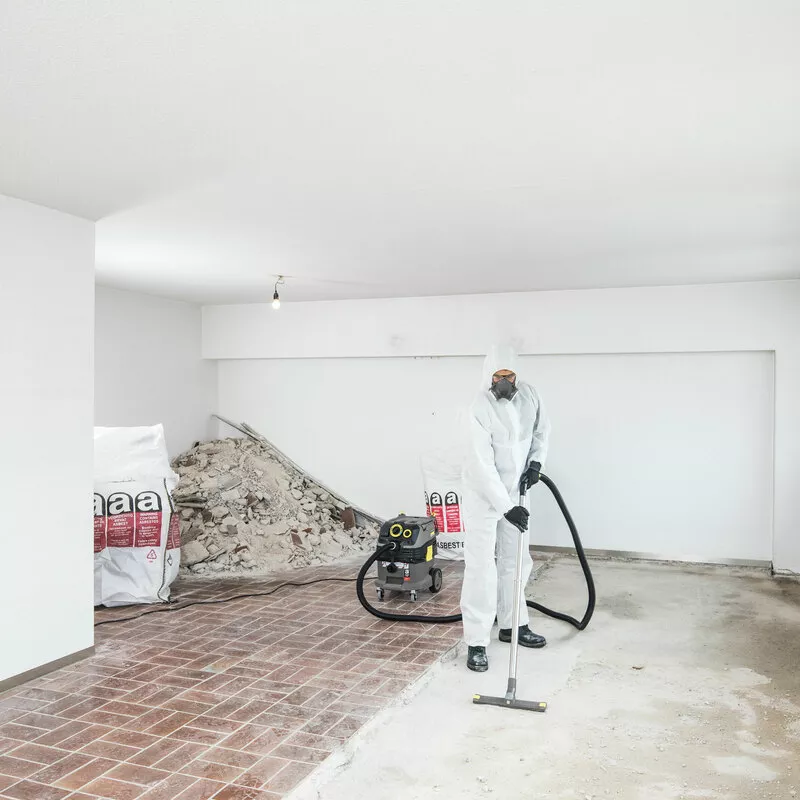Lead is a silent and toxic threat still present in millions of homes, schools, and workplaces — especially those built before the late 1970s. Exposure to lead, even in small amounts, can lead to serious health problems, particularly for children, pregnant women, and workers in high-risk industries.
Whether you're a homeowner, landlord, contractor, or facilities manager, understanding the importance of lead testing is key to ensuring a safe environment and meeting legal obligations.
⚠️ Why Is Lead Dangerous?
Lead is a heavy metal that accumulates in the body over time. Unlike some toxins that are expelled naturally, lead can stay in bones and organs for decades.
Common health effects include:
-
Children: Developmental delays, learning disabilities, behavioral problems, lower IQ
-
Adults: High blood pressure, kidney damage, memory loss, fertility problems
-
Pregnant women: Miscarriages, premature births, and developmental harm to the fetus
There is no safe level of lead exposure, according to the Centers for Disease Control and Prevention (CDC).
🏠 Where Is Lead Commonly Found?
While lead has been banned or restricted in many products, it still lingers in:
-
Lead-based paint (especially in homes built before 1978)
-
Lead-contaminated dust from deteriorating paint or renovation
-
Soil near old buildings, highways, or industrial sites
-
Plumbing — pipes, solder, and fixtures (especially pre-1986)
-
Imported consumer goods — toys, cosmetics, ceramics, spices
-
Occupational settings — battery plants, construction, auto repair
🔍 When Should You Test for Lead?
You should consider lead testing if:
-
You live in or are purchasing a home built before 1980
-
You’re planning renovations or demolition in an older structure
-
You notice chipping or peeling paint
-
Children live or visit the property regularly
-
Someone in the home is showing symptoms of lead exposure
-
You’re renting or selling an older property (required in many jurisdictions)
-
You're managing a school, daycare, or healthcare facility
🧪 Types of Lead Testing
🖌️ Paint Testing
-
X-Ray Fluorescence (XRF): A handheld device scans surfaces for lead content.
-
Paint Chip Sampling: Physical samples sent to a certified lab for analysis.
💨 Dust Wipe Testing
-
Collects samples from floors and window sills to check for hazardous lead dust.
🌱 Soil Testing
-
Identifies contamination in yards, gardens, or playgrounds — especially near painted exteriors or old structures.
💧 Water Testing
-
Determines if your drinking water contains lead, often caused by pipes or fixtures.
🧬 Blood Lead Testing (Medical)
-
Recommended for children under 6 and anyone at risk. It's the only way to confirm recent lead exposure in the body.
🛠️ What Happens If Lead Is Found?
If lead is present, your next steps depend on the source and level of risk:
🧼 For Paint or Dust
-
Stabilize or remove deteriorating paint
-
Use HEPA vacuums and wet-cleaning methods
-
Do not sand or dry-scrape lead paint — this releases harmful dust
🚰 For Water
-
Replace lead plumbing or install NSF-certified filters
-
Flush pipes before use
🌿 For Soil
-
Cover with mulch or grass, or remove and replace contaminated soil
🛠️ Professional Remediation
Always use EPA-certified Lead-Safe contractors for removal, especially in large-scale projects or when children are present.
⚖️ Lead Testing Laws & Compliance
Many regions have laws requiring lead testing or disclosure, particularly in:
-
Rental housing
-
Home sales (e.g., U.S. Lead Disclosure Rule)
-
Schools and child care centers
-
Public housing programs (HUD regulations)
Employers in high-risk industries must comply with OSHA Lead Standards, which require monitoring and protective measures for workers.
✅ Conclusion: Lead Testing Saves Lives
Lead exposure may be invisible, but the damage it causes is very real — and often irreversible. Regular lead testing is the best way to identify risks early, take corrective action, and protect your family, tenants, or employees.
It’s a small investment that pays off in peace of mind, safety, and legal compliance.
📞 Need Lead Testing? We Can Help.
Our certified lead inspectors provide comprehensive testing for homes, schools, and commercial properties. Whether you're buying, renovating, or managing an older building, we’ll ensure you're lead-safe and compliant.
👉 Contact us today to schedule an inspection or request a free consultation.

